Census & Elections
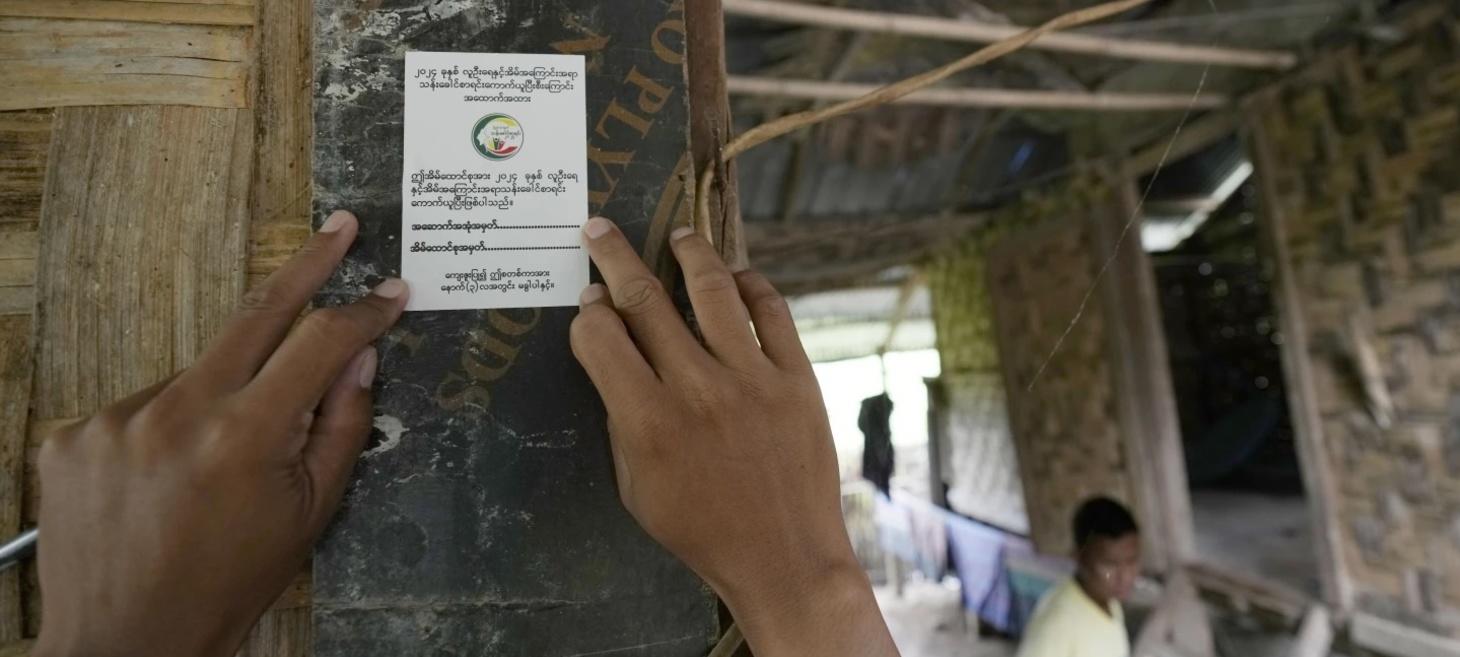
Myanmar Census Shows Population Drop Amidst Conflict
Myanmar's recent census revealed a slight population decrease to approximately 51.3 million, down from 51.5 million a decade prior. The incomplete census, hampered by ongoing armed conflict and insecurity affecting over half the country's townships, relied on estimates in some areas. This incomplete data collection raises questions about accuracy, particularly regarding the Rohingya Muslim population. The military government plans to use this data for upcoming elections, despite widespread criticism about the fairness and feasibility of holding elections amidst civil war. The census's limitations highlight the extent of the conflict and the government's limited control.
Conflict
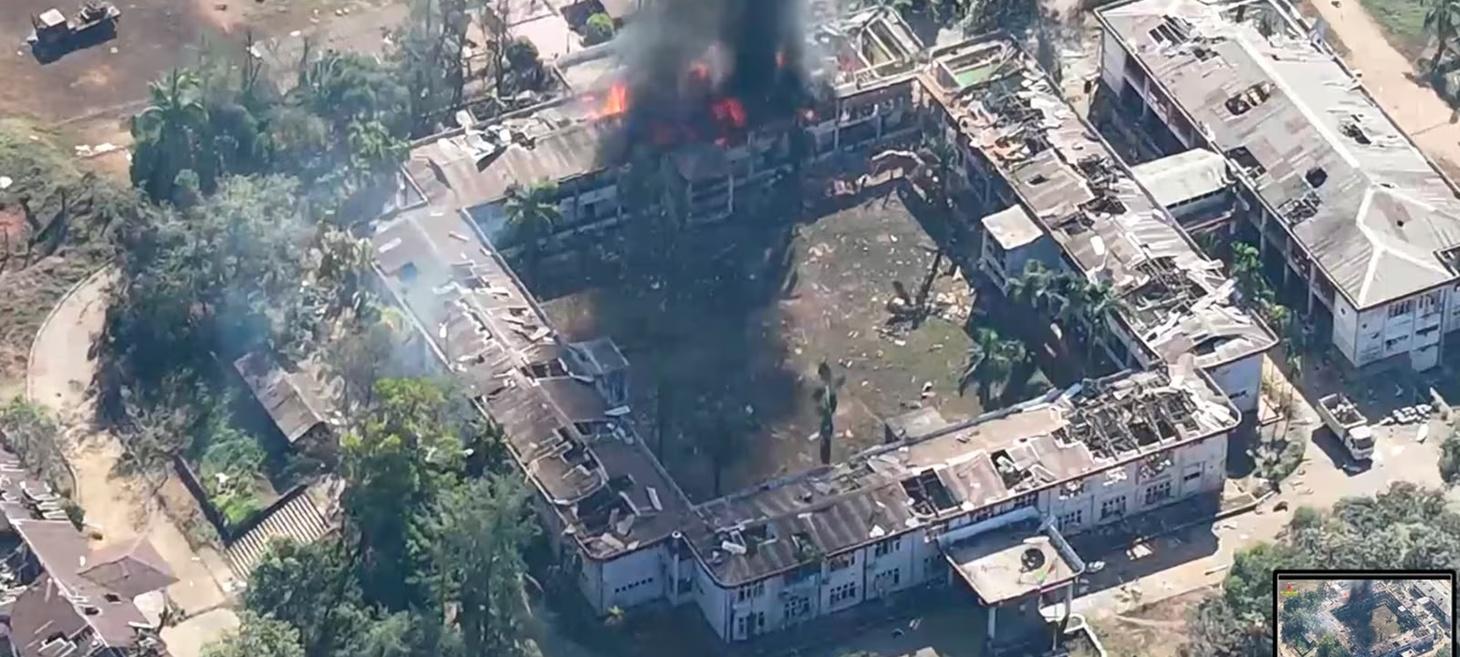
After 2024 setbacks, junta forces now control less than half of Myanmar
Myanmar's junta forces control less than half of the country after suffering major battlefield setbacks in 2024, including the loss of command headquarters in Shan and Rakhine states. In Shan state, the Three Brotherhood Alliance, including the Myanmar National Democratic Alliance Army and the Ta’ang National Liberation Army, seized key areas like Lashio, Nawnghkio, Kyaukme, and Mogoke, leaving the junta with almost no territory in the state. Ethnic rebel groups have also gained control in other regions, including Kachin, Kayin, and Kayah states. In Rakhine state, the Arakan Army has captured 13 of 17 townships. The junta's control is now largely limited to major cities such as Yangon, Mandalay, and Naypyidaw, and they plan to hold elections in 2025 in only 161 of 330 townships. However, opponents see these elections as a way to legitimize their rule. Meanwhile, the junta is forcibly recruiting young people and planning a major offensive in Sagaing region in 2025.

Ethnic Rebel Group Announces Seizure of Key Town in Western Myanmar
The Arakan Army (AA), an ethnic Rakhine armed group, has seized the town of Gwa in western Myanmar, marking a significant victory against the Myanmar military. Gwa is strategically important because of its proximity to Yangon and its role as a gateway to the Irrawaddy Delta. The AA now controls 14 of 17 township centers in Rakhine State and one township in neighboring Chin State. The AA's political wing, the United League of Arakan (ULA), has expressed willingness to engage in political dialogue with the military junta, citing a previous ceasefire agreement brokered by China. The AA has also vowed to protect foreign investments in Rakhine State, particularly Chinese projects such as a deep-water port, a special economic zone in Kyaukphyu, and oil and gas pipelines. China has been concerned about the security of these investments given the recent fighting and has pushed for the establishment of a joint security company with Chinese private security companies deployed to protect them. The ULA's statement, which was published in Chinese, is an attempt to reassure foreign investors of the safety of their projects in the region, as the group seeks to gain recognition as a governing authority.
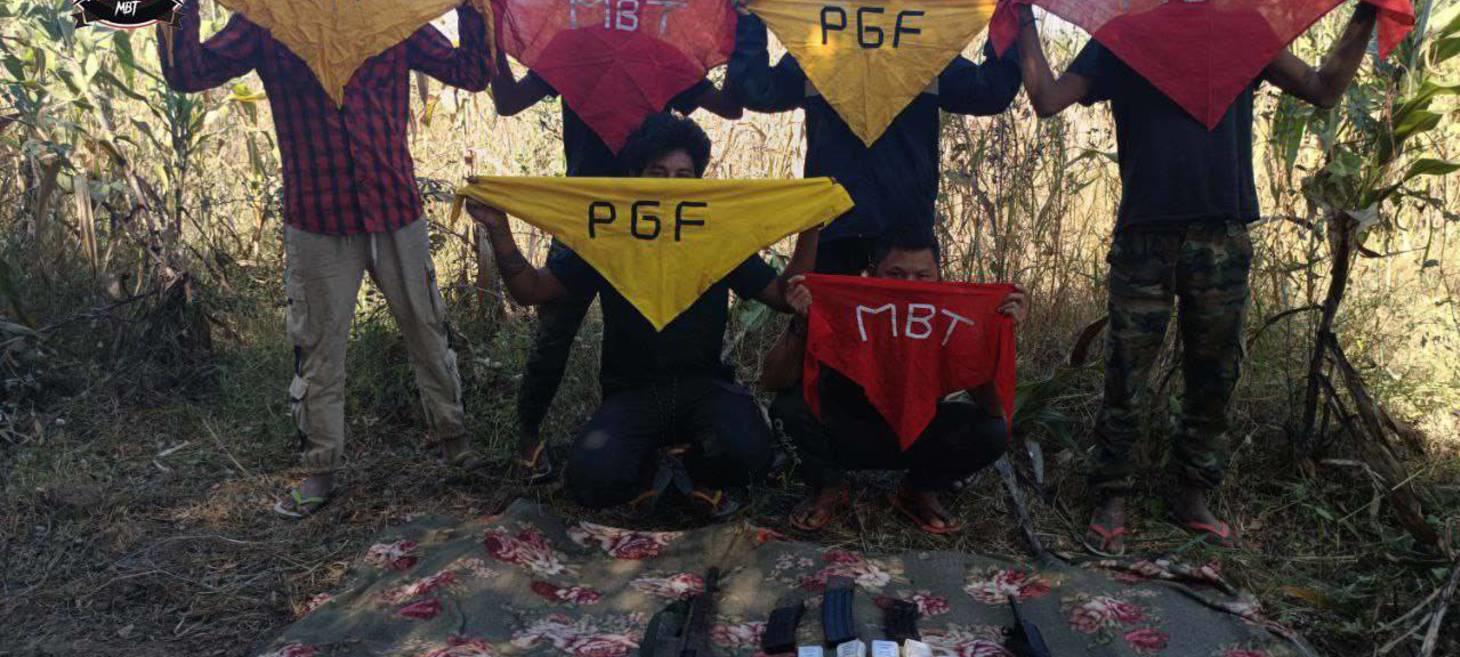
Mount Popa closed to public following resistance raid on junta base
Following a raid by resistance fighters on military-controlled telecoms stations on Mount Popa, the Myanmar junta has blocked public access to the site. The raid was conducted by members of the Myingyan Black Tiger (MBT) group and the Popa Guerrilla Force (PGF). During the raid, two personnel guarding the Myanma Radio and Television (MRTV) and Myawaddy TV/MWD broadcasting stations were captured, while one guard evaded capture. The two captured personnel, one private and one non-commissioned officer, later died in custody. Mount Popa is a popular tourist destination and pilgrimage site, and is now closed to the public because of the raid.
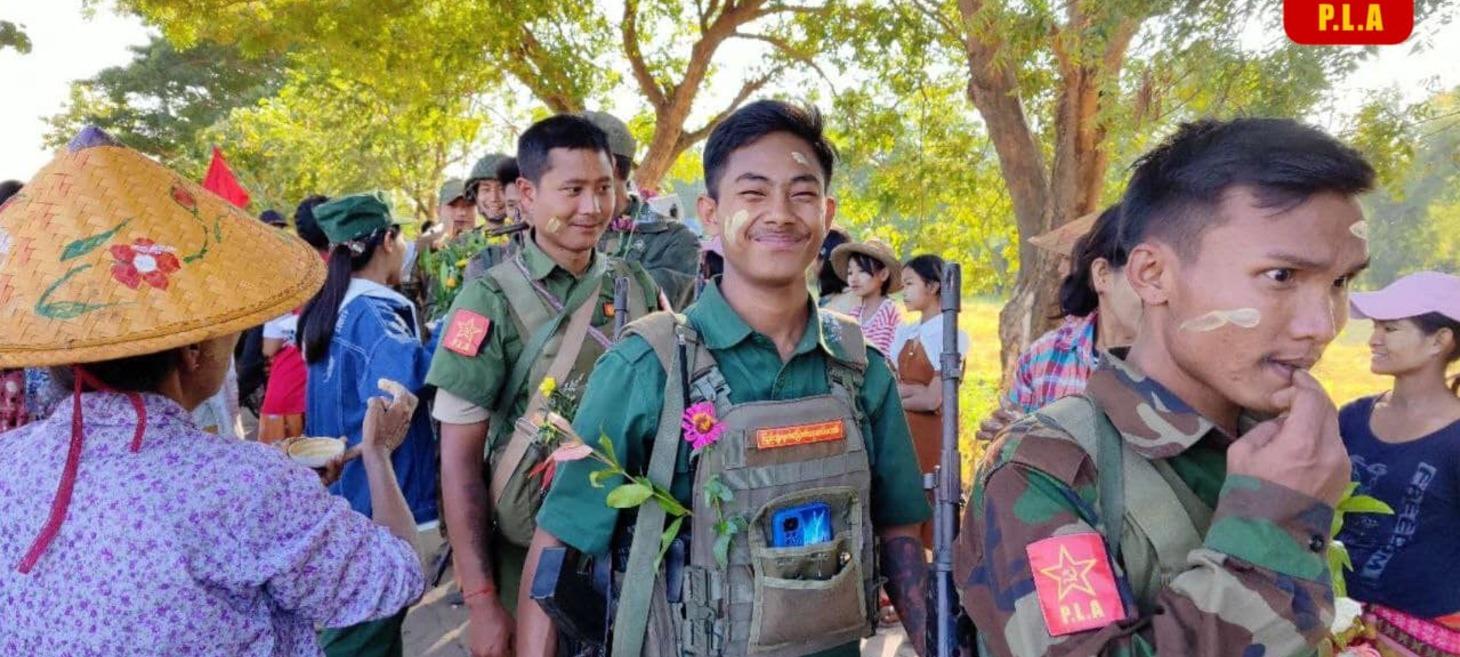
Resistance targets junta-trained militias in series of strikes in central Myanmar
Resistance forces in Myanmar have been actively targeting junta-trained militias in a series of strikes in central Myanmar. The Pyu Saw Htee militias, composed of civilians or retired military personnel, are trained and armed by the military to fight against the armed resistance. In one instance, a raid on the village of Sin Hpyu targeted the home of a militia commander, causing the militia members to flee without engaging in combat. These recent attacks resulted in the death of an Air Force officer. The Taungtha Township People’s Defence Team (PDT), a local resistance group, claimed that the militias abandoned their weapons when they heard the resistance fighters' guns. These strikes have forced the militias out of local villages.
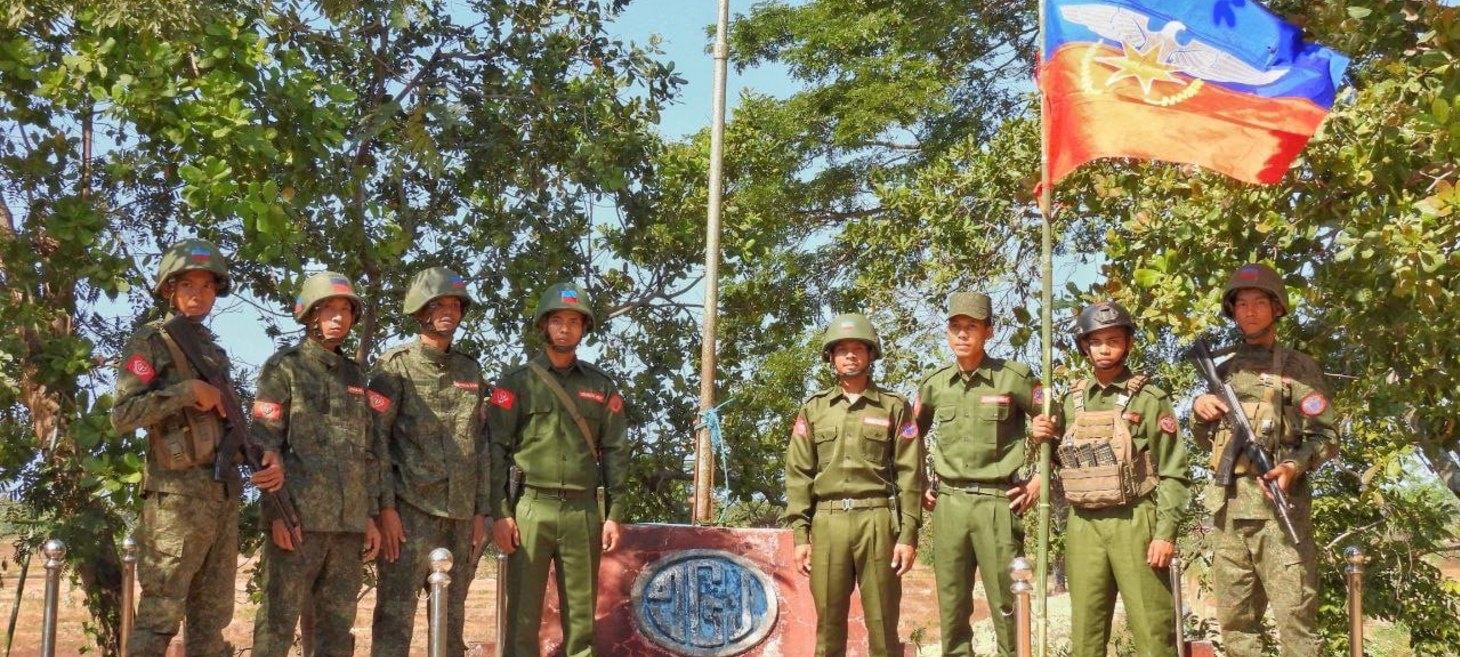
Arakan Army signals openness to dialogue as it takes 14th Rakhine State town
The Arakan Army (AA) is motivated by a desire for a political resolution to its conflict with the Myanmar military. The AA has expressed interest in resolving the conflict through negotiations. They are also driven by a goal of control over Rakhine State, having seized 14 of the 17 township-level urban centers, including Gwa, and Myanmar’s border with Bangladesh. The AA's rebrand to 'Arakha Army' in April signals a mission to represent all ethnic groups in the state, indicating a motivation to create a more inclusive state. The AA has also signaled its readiness to negotiate with Myanmar's military junta, suggesting a desire to resolve the conflict through dialogue. After gaining significant territorial control, their recent actions and statements indicate a strategic shift towards political solutions.

5 Factors That Catapulted Arakan Army to Unprecedented Success Against the Myanmar Military
The Arakan Army (AA) has achieved significant success against the Myanmar military, controlling a large territory in Rakhine State. Several factors have contributed to this, including strong leadership, organizational capacity, and strategic alliances. The AA was formed in 2009 with the help of the Kachin Independence Army. It expanded by training cadres, building networks, and establishing a support base in northern Arakan. Key to the AA's success has been its alliances with other resistance groups. The AA also benefits from the terrain of Arakan, its efficient transportation system, and communication networks. In addition, the AA has a large pool of young and committed fighters, contrasting with the low morale of the Myanmar military. The AA has no major rivals in Arakan. The group has gained popular support by addressing the grievances of the Arakan people and advocating for self-determination. The AA's strategic advantages and successes suggest it may expand its control in the region.
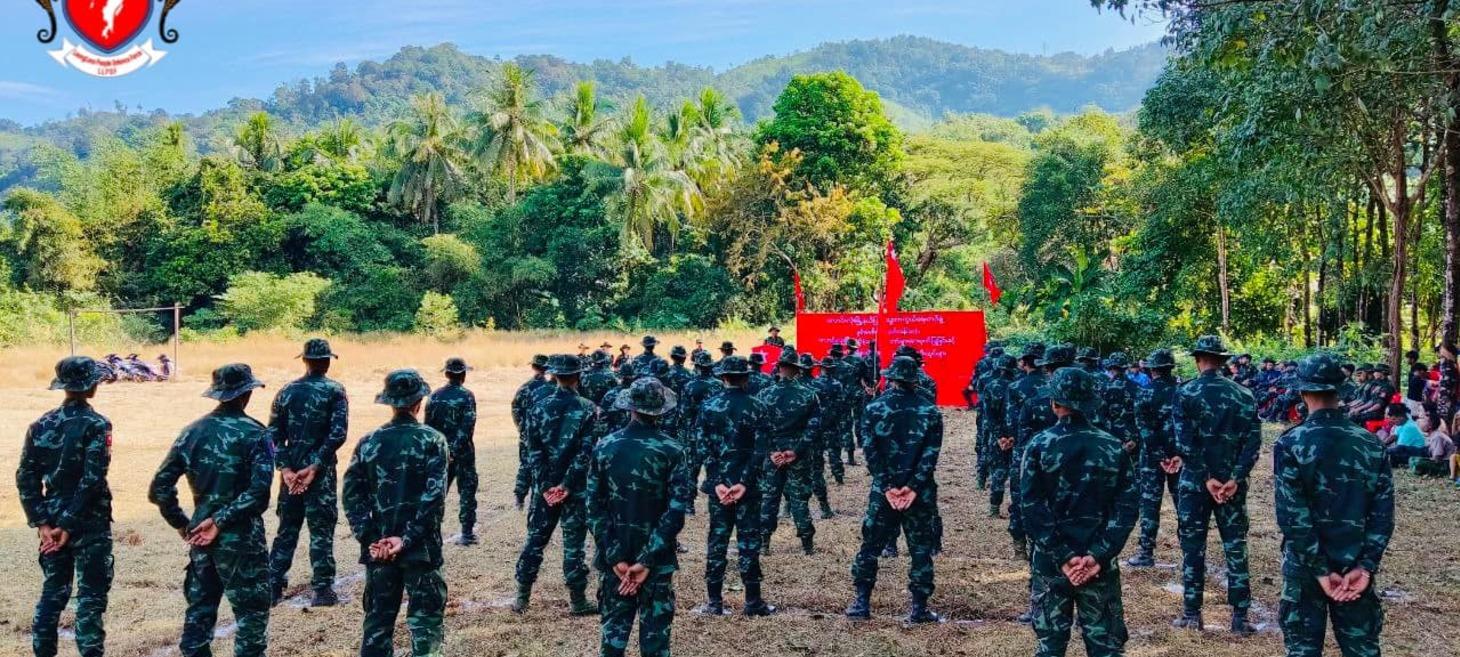
Thousands displaced after intense fighting in Tanintharyi Region
The Myanmar junta launched counter attacks in Launglon Township, Tanintharyi Region, displacing thousands of people. The attacks, which included ground, naval, and air assaults, targeted the strategic hilltop base of Hpa Yar Kone in Kyauk Ni Maw. More than 8,000 residents from Kyauk Ni Maw and surrounding villages have fled the fighting. Some residents have escaped to forests, while others have fled by boat. The Launglon resistance issued an emergency warning urging the public to seek safety and use bomb shelters. Since the 2021 coup, at least 68,000 people have been displaced in the Tanintharyi Region, with human rights groups documenting abuses such as artillery shelling, airstrikes, arson, and ground attacks targeting civilians.
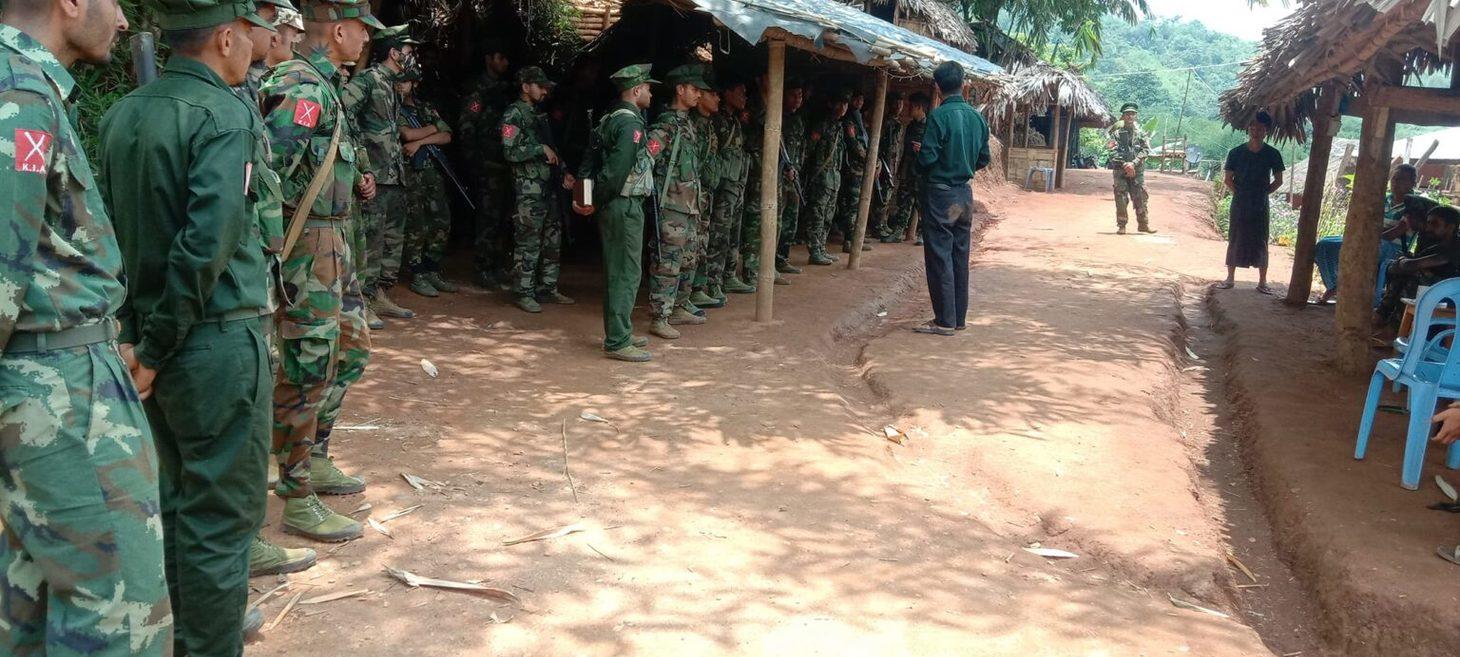
Myanmar junta battalion commander reported missing as fighting intensifies near Bhamo
Fighting has intensified near Bhamo, with anti-regime forces led by the Kachin Independence Army (KIA) launching coordinated attacks on junta bases. A Light Infantry Battalion (LIB) 319 commander based in Mansi Township has been reported missing from his base. The KIA spokesperson stated that the commander's whereabouts are unknown but that it is confirmed he is no longer at the base. The area bordering China has experienced heavy fighting since the beginning of the month despite ongoing airstrikes. Other sources have also reported fighting in the region.
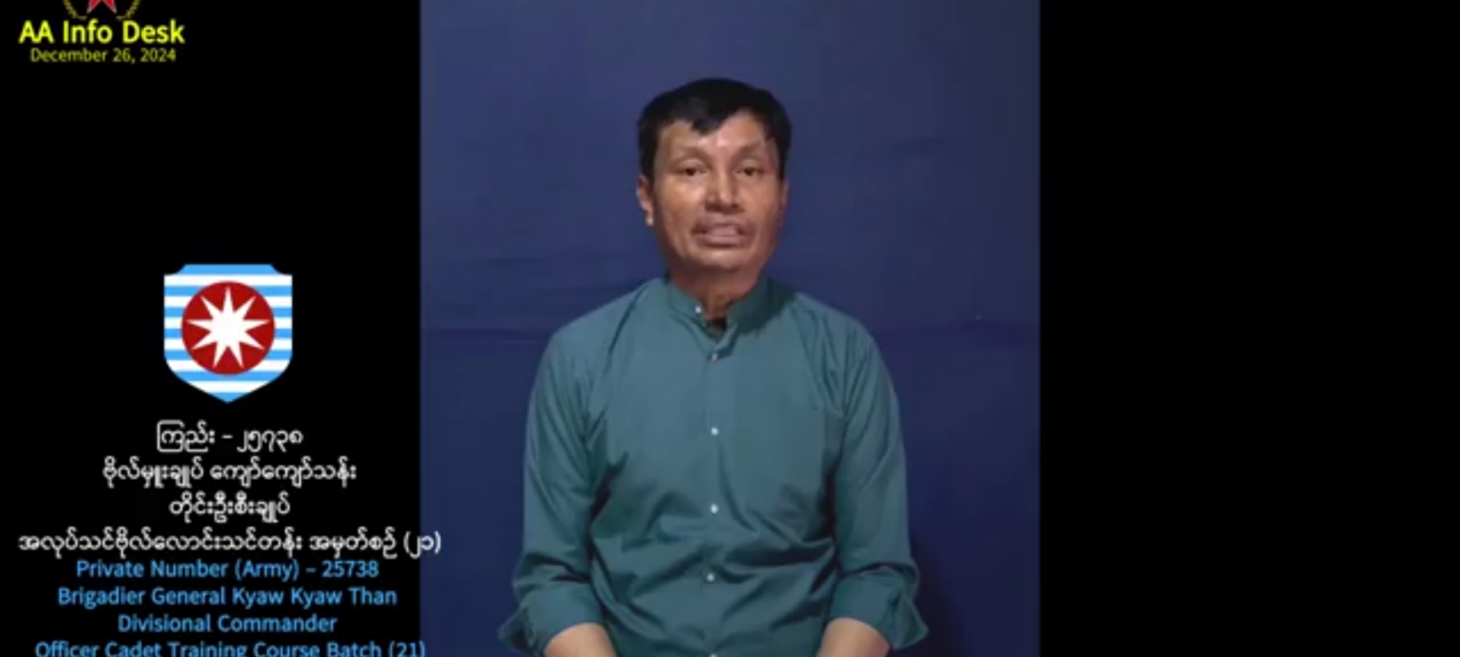
Captured general calls on Myanmar regime to end ‘atrocities’ in Rakhine State
The Arakan Army (AA) released a video of a captured general, Brig-Gen Kyaw Kyaw Than, commander of the Western Regional Military Command (RMC), calling on Myanmar’s military regime to end its “atrocities” in Rakhine State. In the video, the general urges junta leader Senior General Min Aung Hlaing to halt the indiscriminate bombing of civilian targets and admit defeat. He also appeals to regular soldiers, advising them to stop sacrificing their lives for the regime and to surrender, citing the difficulty of receiving reinforcements due to geographical barriers. The general's message emphasizes the futility of the conflict and the suffering of civilians in the region. Additionally, the article notes related recent events in Myanmar, such as the closure of a shop in Mandalay by junta forces, resistance strikes, and a political prisoner dying in custody. Other related articles cover farmers facing land grabs, a natural gas terminal project, and other issues such as garment exports, fraud, and internal conflict.

Car bomb attack targets singer Yonelay’s vehicle in Yangon
A car bomb targeted Myanmar singer Yonelay, known for his collaboration with the junta, in Yangon on December 30th, 2024. The explosion injured at least one person and caused damage to nearby vehicles. Military personnel were already patrolling the area due to prior bomb threats. While no group has claimed responsibility, Yonelay has faced public criticism and threats for his support of the military regime. Mizzima is investigating the incident, and urban guerrilla groups deny involvement.
Crime & Narcotics
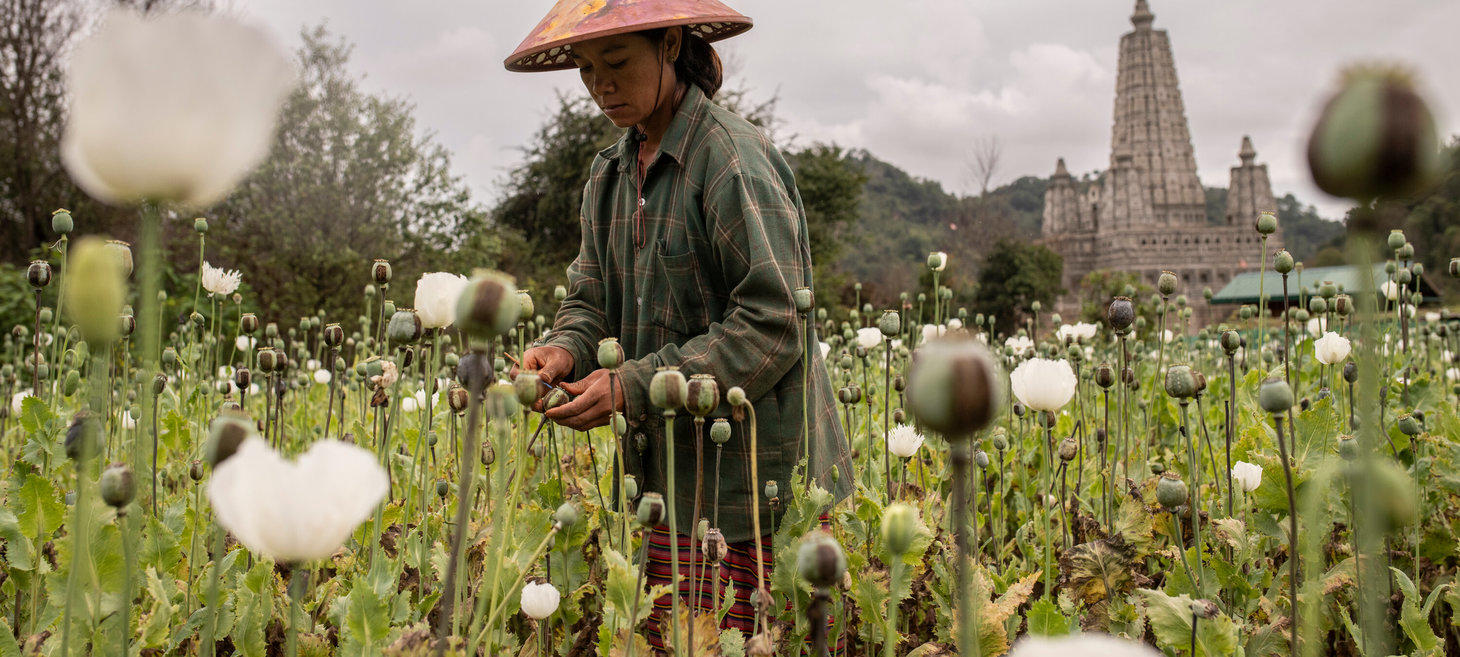
Myanmar’s War Has Made It the Global Crime Capital
Myanmar has become a major global hub for organized crime, fueled by the 2021 military coup, and is now the world's largest producer of opium. Opium poppies are openly cultivated, and the price of opium resin has tripled in recent years. The country is also a major manufacturer of synthetic drugs such as methamphetamine, ketamine, and fentanyl, with production intensified after a crackdown in China. These drugs are often produced in jungle labs and distributed globally. Additionally, Myanmar is a significant exporter of rare earth elements, which are crucial for green technology, and this mining is conducted illegally with severe environmental damage and human rights violations. Furthermore, scam centers along the border with Thailand force people into cybercrime, defrauding victims worldwide. The ongoing conflict in Myanmar is a key driver of these illicit activities, with both the military and resistance forces profiting from the drug trade.

Treasury says Chinese hackers remotely accessed documents in 'major' cyber incident
Chinese hackers accessed U.S. Treasury Department workstations and unclassified documents by compromising a third-party software service provider, BeyondTrust. The hackers stole a key used by the vendor to secure a cloud-based service, which allowed them to override security and gain remote access. While the compromised service has been taken offline, the Treasury Department is working with the FBI and the Cybersecurity and Infrastructure Security Agency to investigate the impact of the hack, which has been attributed to Chinese state-sponsored culprits. The Treasury Department has stated that there is no evidence the hackers have continued access to Treasury information and that they have significantly bolstered their cyber defenses over the last four years. This cyber incident is occurring as U.S. officials are dealing with the fallout of a Chinese cyberespionage campaign, known as Salt Typhoon, that gave officials in Beijing access to private texts and phone conversations of an unknown number of Americans.
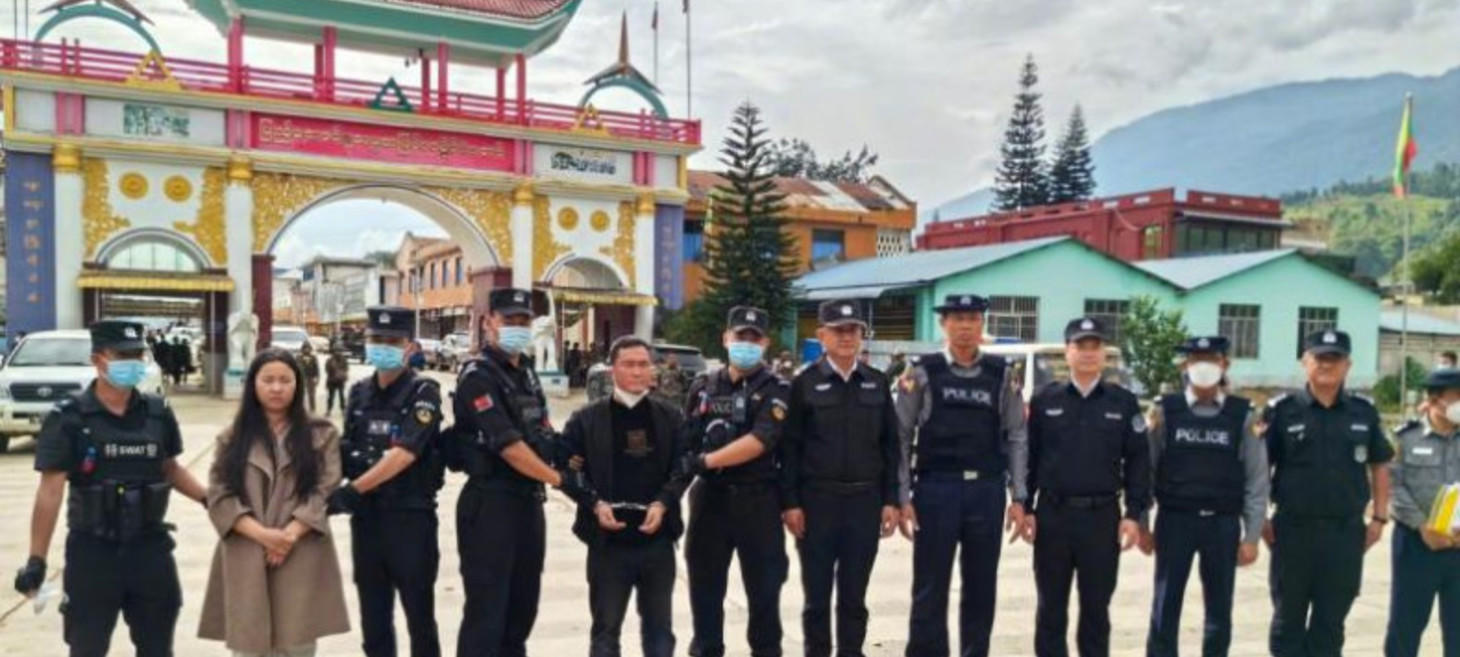
Myanmar Syndicate Charged with Murder and Telecoms Fraud
Cross-border crime in the Golden Triangle involves large-scale telecoms and online fraud, with criminal gangs luring people to cross the border into Myanmar and forcing them to participate in scams. These syndicates are believed to make millions of US dollars a day. The criminal activities take place in the Golden Triangle, specifically in areas like Kokang in Shan State on the border with China's Yunnan province. The city of Myawaddy, on the border between Myanmar and Thailand, is also a major hub for these operations. More than 31,000 telecoms fraud suspects have been handed over to China by Myanmar authorities since law enforcement from both countries started targeting cross-border gangs. The types of crimes extend beyond telecoms fraud and include murder, unlawful detention, organised gambling, prostitution, and drug trafficking. These crimes are committed by both Chinese citizens and ethnically Chinese Myanmar citizens, and the victims are primarily Chinese-speaking individuals. The Ming family is accused of running a cross-border crime syndicate, and these groups rely on armed forces to carry out their large-scale operations. Chinese authorities have jurisdiction over these cases because the crimes violated the personal rights of Chinese citizens, and some of the crimes have taken place within China.
Economy
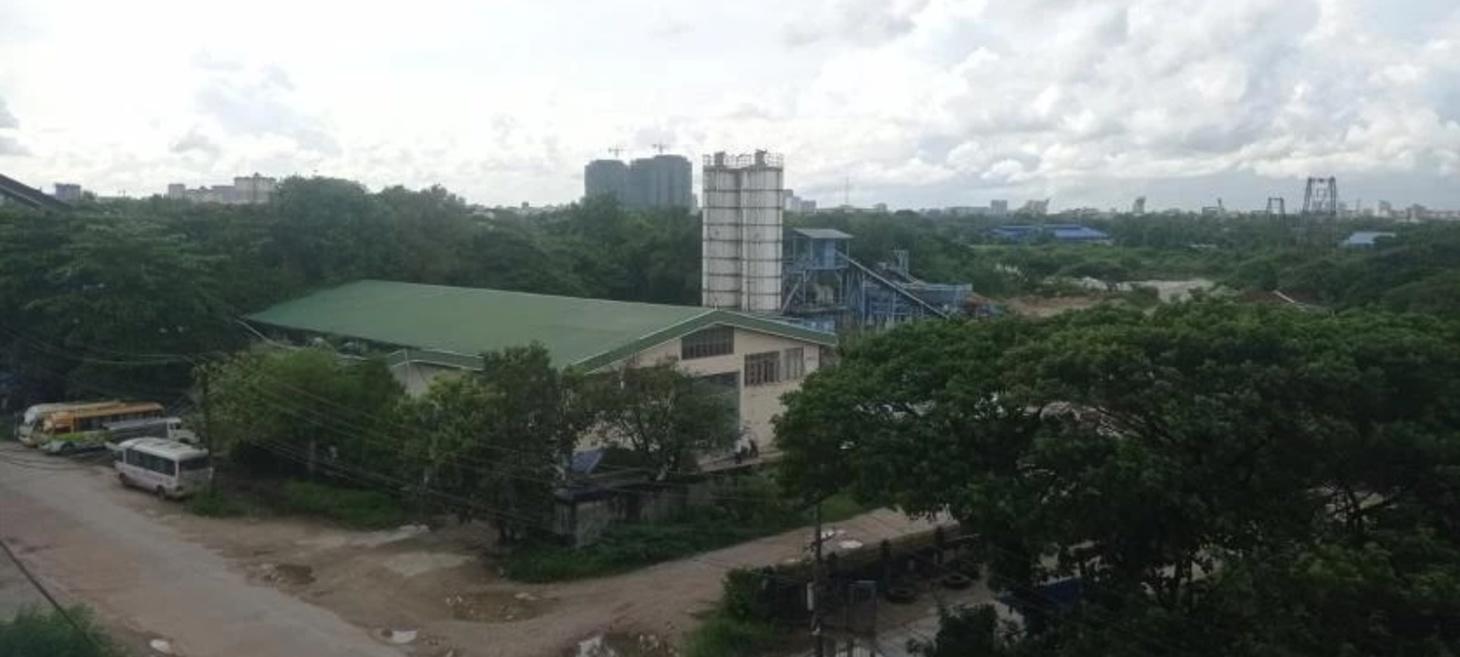
Power supply temporarily suspended in Yangon industrial zones until Jan 3
Due to ongoing repairs on the Yadana and Zawtika gas pipelines, power supply to industrial zones in Yangon has been temporarily suspended until January 3. The electricity supply was already limited to four hours a day since October 31, after a brief period of normal supply following an earlier restriction in late September. Residents of the Thaketa Industrial Zone have been informed that power will be restored after January 3, but have not yet experienced restored power. Additionally, starting September 1, electricity tariffs have increased, with household rates rising to 300 Kyats per unit and commercial rates increasing to 500 Kyats per unit.
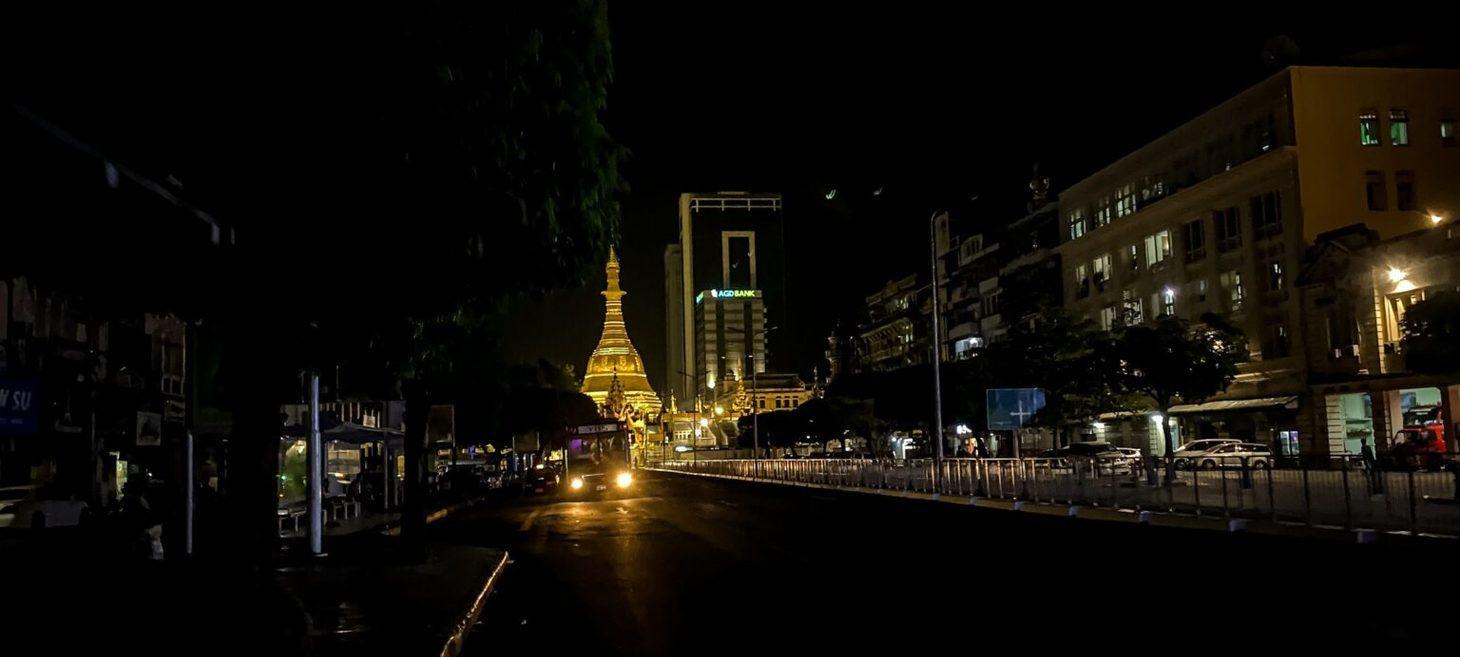
Myanmar junta partners with Chinese firm to build natural gas terminal despite Rakhine State conflict
The Myanmar military junta is partnering with a Chinese pipeline company to construct a Liquefied Natural Gas (LNG) terminal to increase power generation across the country. The project, valued at 2 billion dollars, is planned for the offshore Mahar natural gas block in Rakhine State. However, the exact location is not yet confirmed, and a source indicates it may be built in Kyaukphyu. Chinese interest in the project is reportedly low due to high investment costs and ongoing conflict in Rakhine. Power cuts are widespread in Myanmar, even in downtown Yangon.
Ethnic Issues
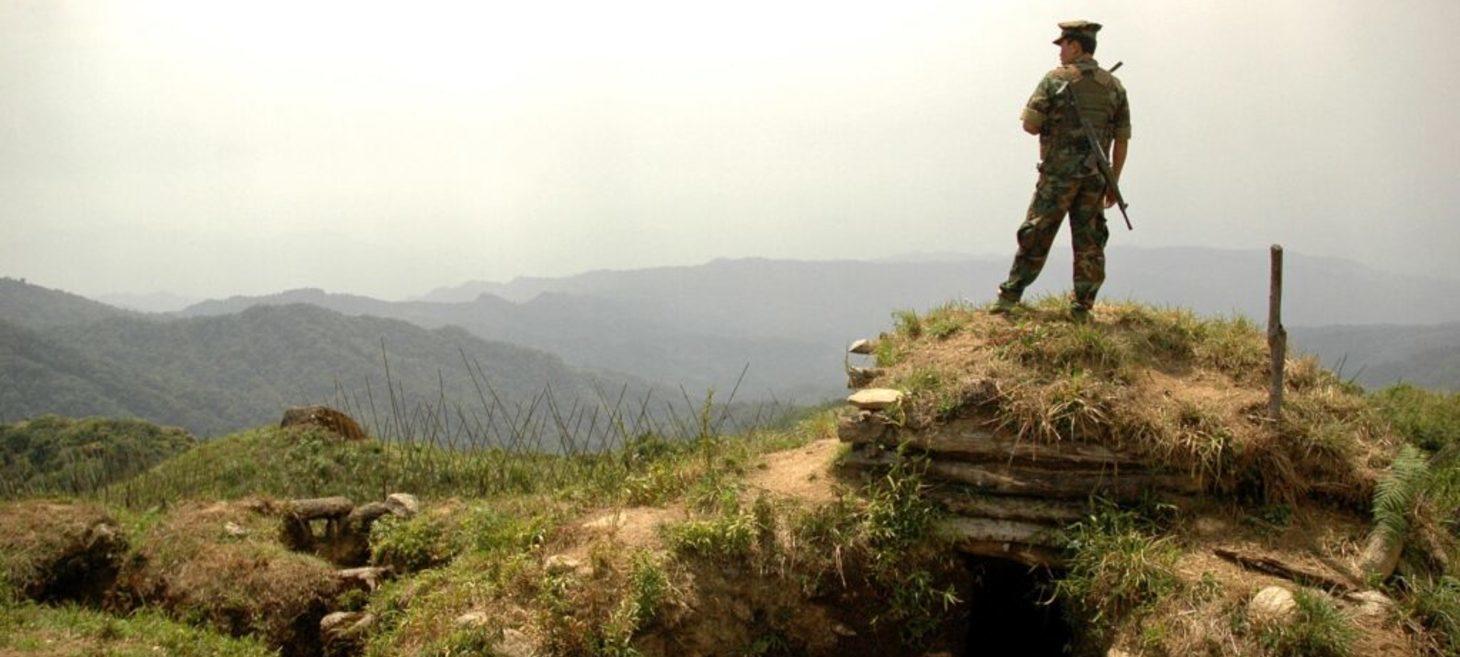
Treading carefully: KIO navigates rocky ethnic terrain in new territory
The Kachin Independence Army (KIA) recently took control of the Kachin Special Region 1, formerly governed by warlord Zahkung Ting Ying's Border Guard Force (BGF), which was known for its human rights abuses, including drug-related executions. Zahkung Ting Ying's BGF also profited from selling land to Chinese interests for logging, rare earth mining, and opium poppy cultivation. While the KIA takeover has been largely supported by the public, some concerns have emerged about the behavior of KIA soldiers. The KIA is now tasked with governing an ethnically diverse and impoverished region, addressing issues of potential ethnic tensions, and ensuring that its rule differs from its predecessor by investing in public services and avoiding the exploitation of natural resources. The KIA’s success will depend on its ability to foster unity among the various ethnic groups and earn the trust of local people.
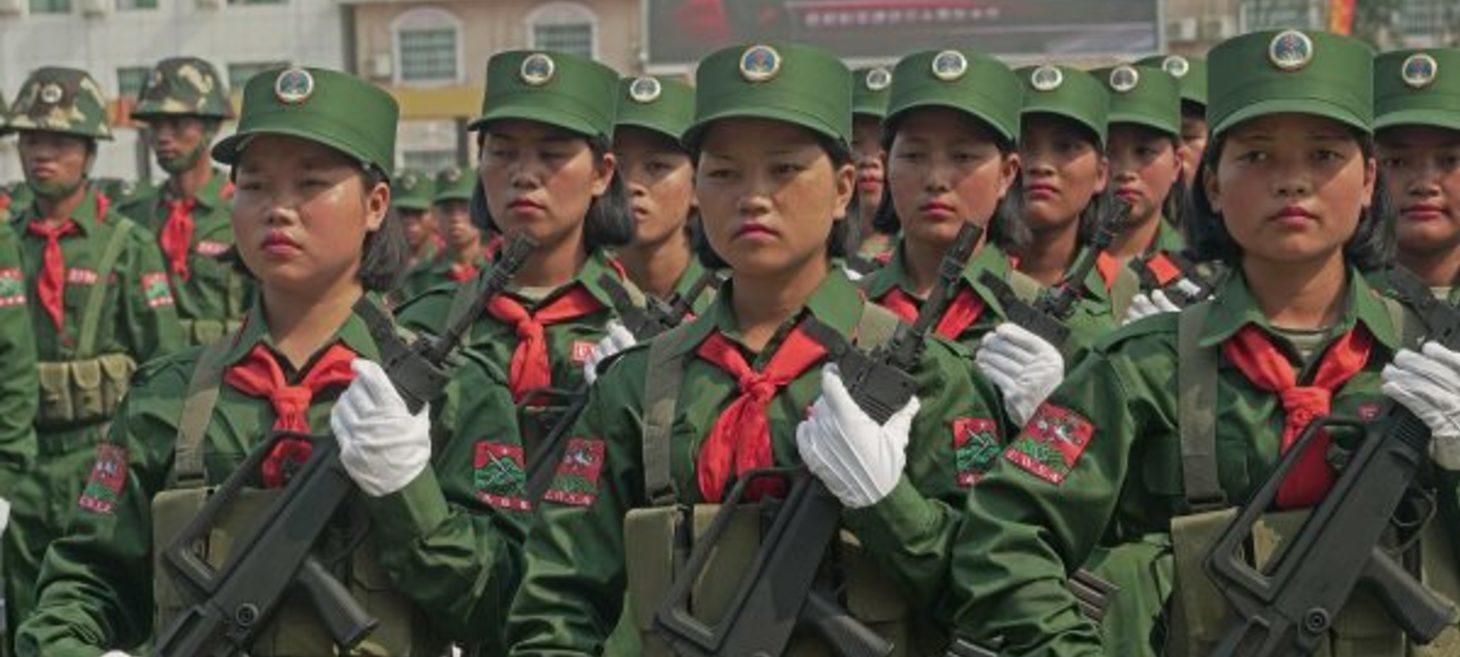
Grasping Thailand’s Northern Border Conundrum
The United Wa State Army (UWSA), backed by China, has been encroaching on Thailand's northern border, which has not been properly demarcated. This has caused public criticism of the Thai government and military. The UWSA, a formidable ethnic army in Myanmar, has been fortifying its bases along the Thailand-Myanmar border since 2002, periodically encroaching on Thai territory. The group's revenue comes from narcotics production and trafficking, with much of the contraband flowing through Thailand, potentially implicating some Thai businesses and authorities. While Thailand has a strong relationship with China, the UWSA's presence could be viewed as an unwelcome expansion of Beijing's influence within Thailand's borders. Despite the pressure, Thailand is unlikely to directly confront the UWSA, fearing a resource-draining war and a potential influx of refugees, instead favoring a strategy of pragmatism, vigilance, and negotiation. The situation underscores the many silent border disputes in Southeast Asia and challenges the notion that post-Cold War Thailand has no external threats.
Foreign Affairs
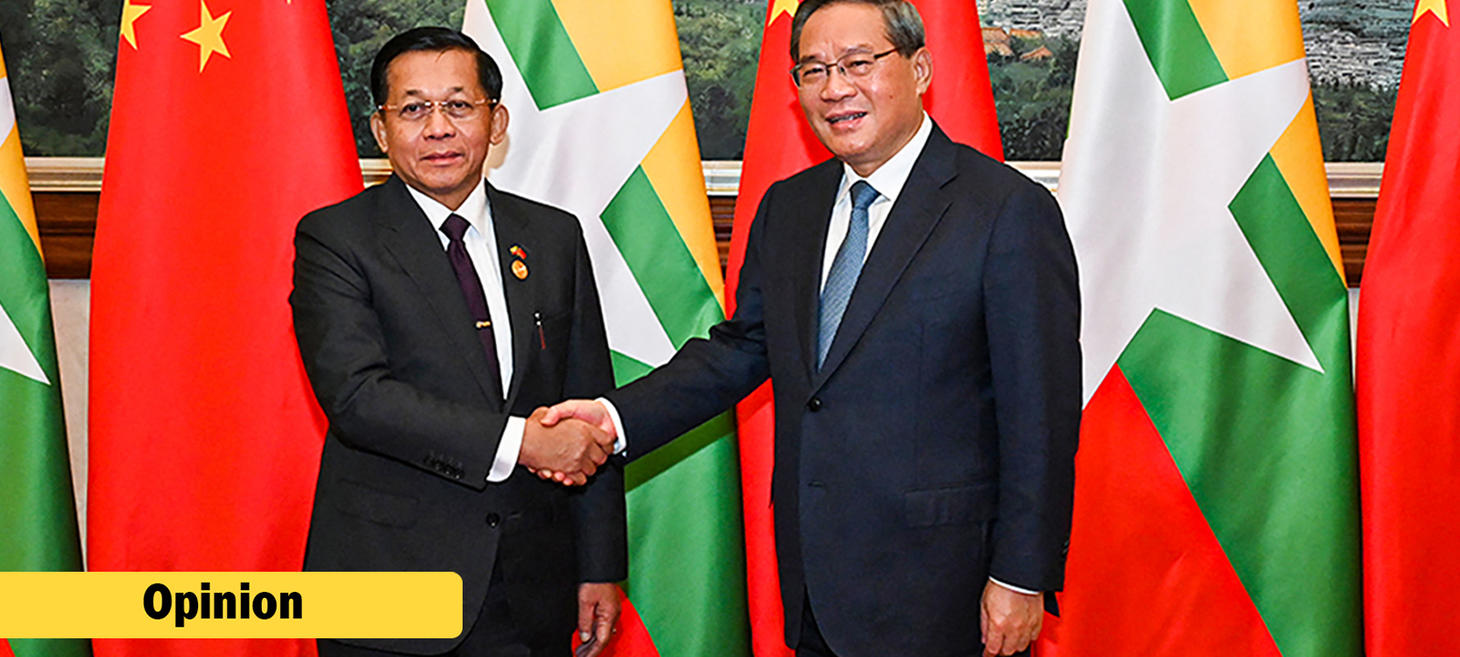
Myanmar’s Resistance Is Getting the China Question Wrong
Recent analysis of China's role in Myanmar's ongoing conflict is varied and often contradictory, with some observers claiming that China has supported the military junta, while others argue that China is backing resistance groups. Analysts have swung between extremes, initially asserting that China had complete control over the situation in Myanmar, and then later suggesting China was behind a major military offensive by resistance forces. Some analysts have attributed the fall of Lashio to China's influence, while others highlight the agency of the resistance actors. China's perception of the conflict has evolved as resistance groups have gained control over border trade and infrastructure. China is anxious about the potential for state collapse in Myanmar, leading it to recalibrate its approach, engage with various stakeholders, and attempt to pressure the military into prioritizing stability. Despite the prevailing anti-China sentiment among the Burmese resistance, there are arguments that the resistance should engage China constructively, address China's concerns, and demonstrate how their victory aligns with China's long-term interests.
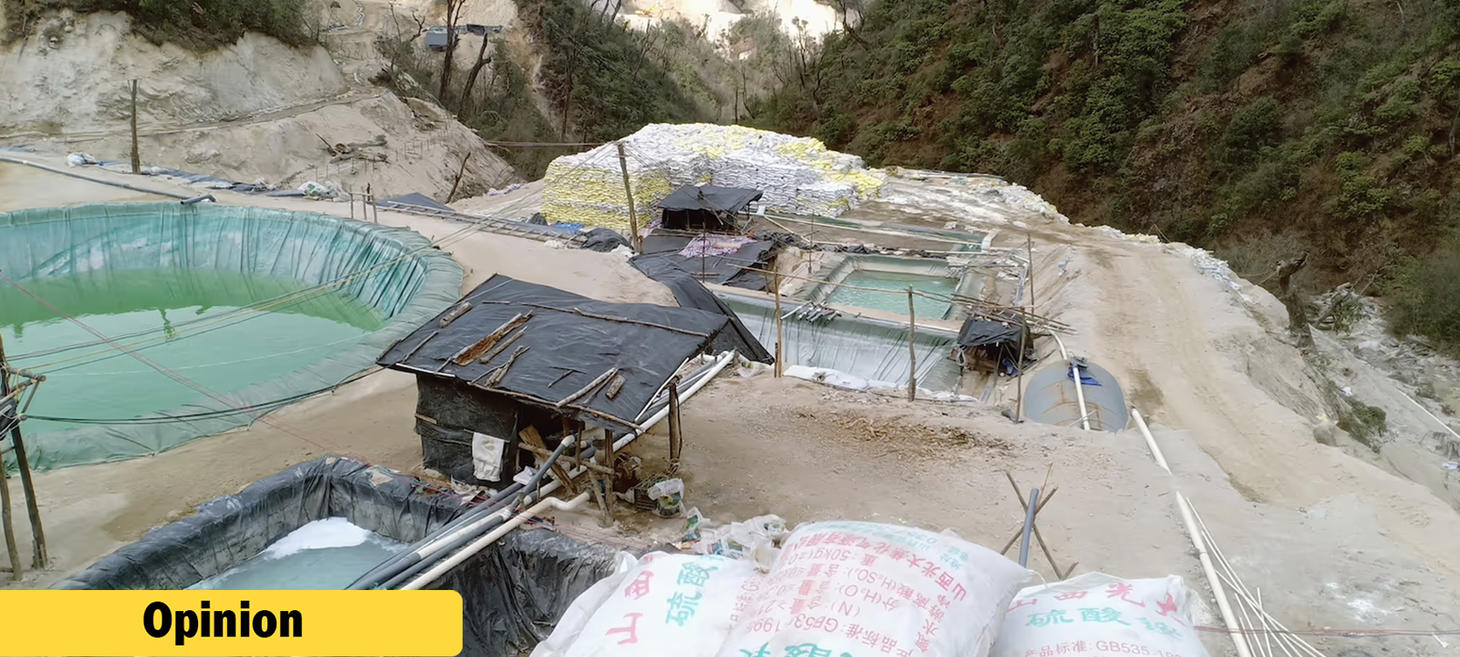
China’s Plunder of Myanmar’s Rare Earth Wealth Threatens Global Security
China's aggressive rare earth extraction in Myanmar has surged, with imports increasing by 70% in the first half of 2023, reaching 34,241 metric tons. This has transformed Myanmar, particularly the Kachin region, into a primary source of heavy rare earths, supplying around 40% of elements like dysprosium, yttrium, and terbium. China's control over both the mining and processing of these elements, with nearly 90% of global processing capacity, gives them a near-monopoly and a strategic advantage. This activity has led to significant environmental damage, including contaminated water sources, and has displaced indigenous communities, with numerous human rights violations reported. The international community's sanctions on Myanmar have inadvertently aided China by removing Western competition, allowing Chinese firms to operate without scrutiny. This situation raises concerns about China's ability to use rare earth supplies as a geopolitical weapon, potentially impacting global supply chains and technological development.
General News
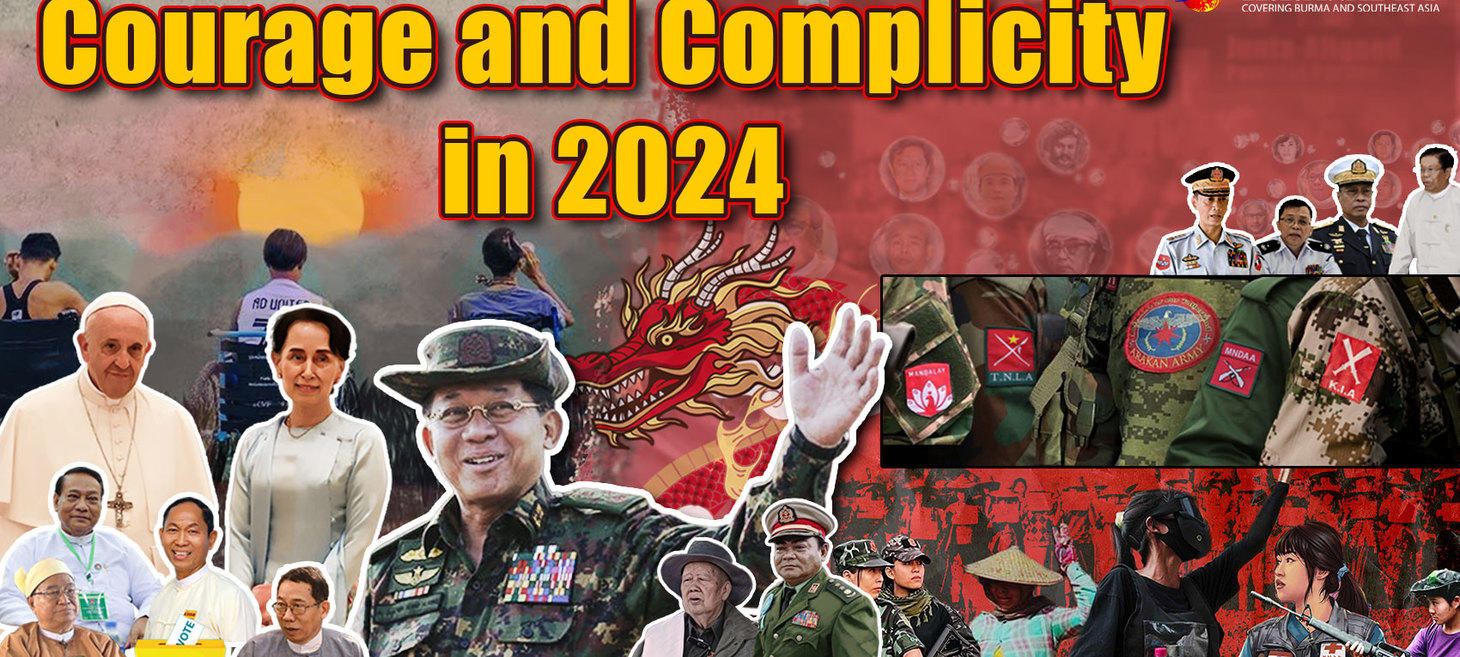
Courage and Complicity: Those Who Defined 2024
In 2024, Myanmar's junta faced significant challenges, including territorial losses and increased resistance, while also seeing some international support. Ethnic armed organizations (EAOs) and their allies seized much of northern Shan and Rakhine States, inflicting defeats on the junta, with key victories by groups such as the Brotherhood Alliance, the Kachin Independence Army (KIA), and the Arakan Army (AA). The junta's military was weakened by troop casualties and desertions and resorted to forced conscription, leading to an exodus of young people. Despite these setbacks, the junta, led by Min Aung Hlaing, was emboldened by China's support and pressed ahead with plans for an election in 2025, which has been widely dismissed as a sham. Certain domestic political parties collaborated with the junta, while women played crucial roles in the resistance movement.
Governance & Rule of Law

Political prisoner dies in police custody after being denied medical treatment in Sagaing Region
The Political Prisoners Network Myanmar (PPNM) reported that Bhon Bhon had requested treatment, but officers at the Monywa Police Station refused to provide him with assistance. A spokesperson for PPNM stated that Bhon Bhon’s death was avoidable, as authorities only provided an IV drip instead of proper hospitalization. The authorities are said to be spreading false information, claiming they tried to send him to the hospital, but the hospital would not accept him. Bhon Bhon’s health deteriorated while in detention, where he had little time to move around, which led to the weakening of his lower body.
Humanitarian
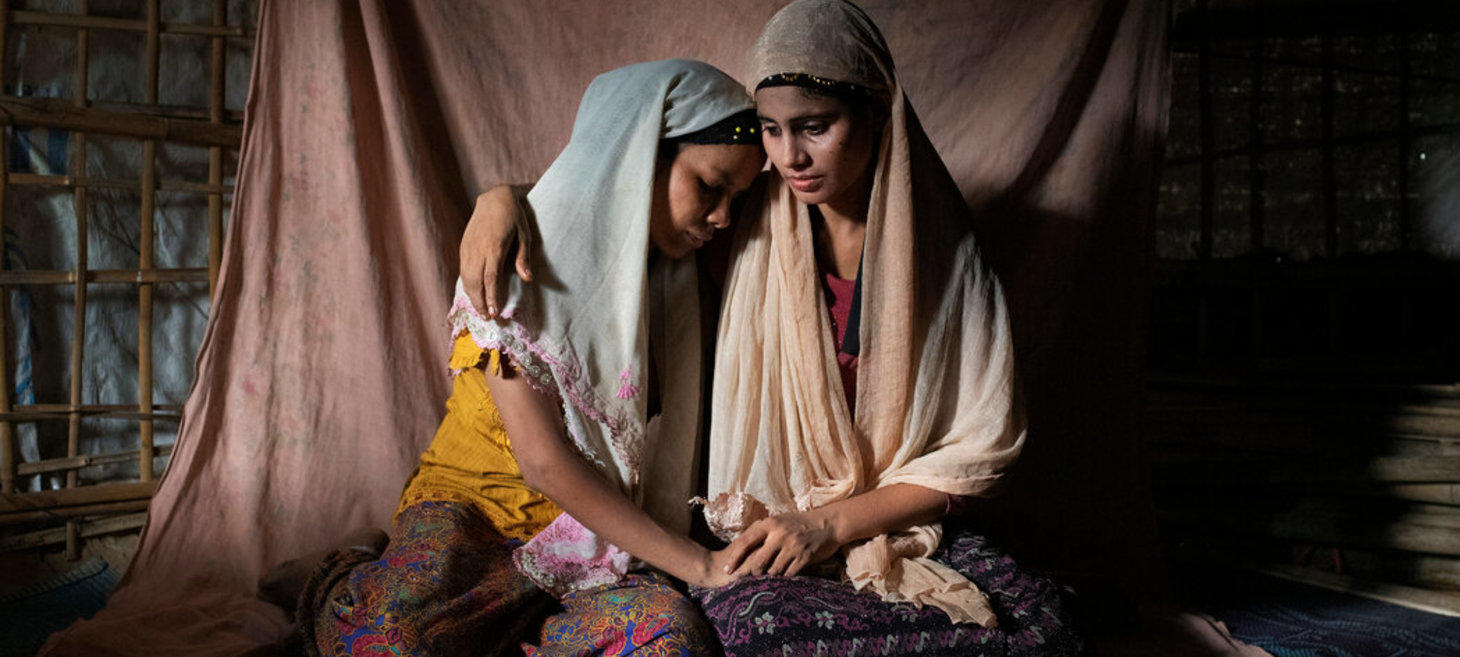
Myanmar’s Long-Suffering Rohingya Face More Abuse From New Persecutors
The Rohingya people in Myanmar have faced renewed violence and displacement, with the Arakan Army, a pro-democracy rebel group, now targeting them. This violence mirrors the ethnic cleansing by Myanmar's military in 2017. The Arakan Army's attacks, including airstrikes, mass arson, and sexual violence, have caused many Rohingya to flee their homes, with the village of Hari Fara being particularly hard hit. The violence has led to the deaths of many Rohingya, including family members of Manwara and Shamshida. It has forced many into refugee camps in Bangladesh, where they face further violence and abduction. Additionally, Rohingya armed groups have joined forces with the Myanmar military, their former oppressors, to combat the Arakan Army. The conflict has also led to the forced conscription of Rohingya people, including children, by both the Arakan Army and groups allied with the Myanmar military. The situation is described as a "human rights abyss" by the UN. The Rohingya people, who are effectively stateless, are now facing another wave of violence and displacement, with many becoming victims of human trafficking while trying to escape.
Military
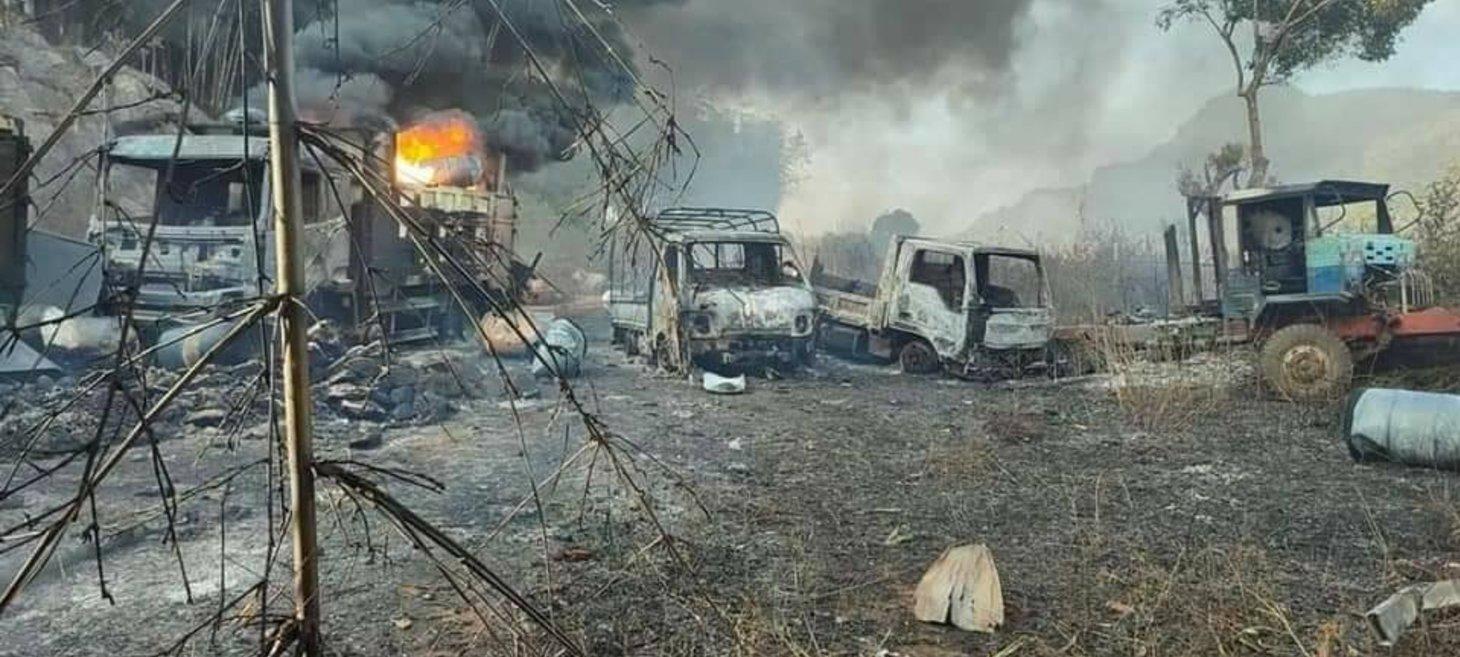
Myanmar junta selling bonds to insurance companies to finance its crimes
The Myanmar military junta has been selling treasury bills and bonds to finance its operations, especially as the economy stagnates due to inflation and sanctions. These sales have been made to private domestic banks, and also to international insurance companies. Records from September 2021 show that purchases of these securities totaled nearly 50 billion kyat (US $24 million). Some of the international companies involved include AIA Group Limited, based in Hong Kong, and also Tokio Marine and Nippon. These funds allow the junta to continue funding the war against its opposition and commit human rights violations.